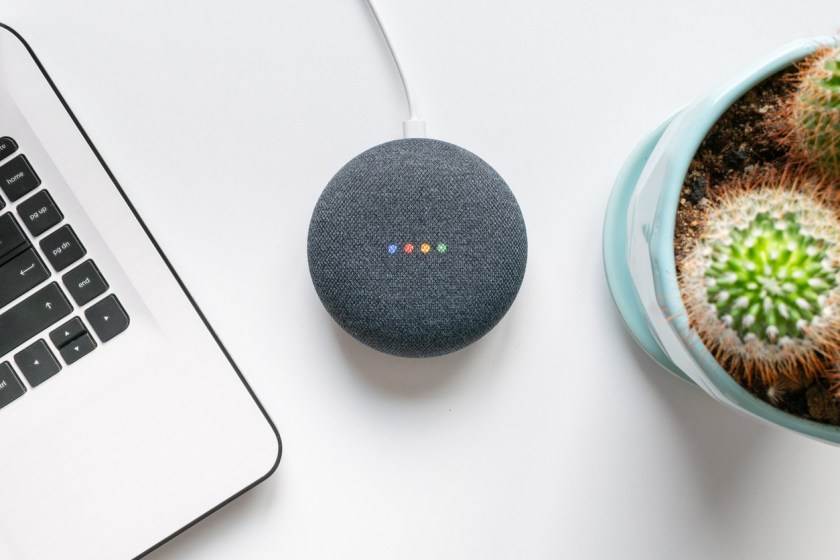Prospective clients aren’t just typing their searches into Google anymore.
Updates and trends in technology have far reaching consequences that can often affect businesses in ways you never even imagined – and how consumers are searching the internet for services is one of these ways. If you’ve dabbled in digital marketing or have a base level understanding of websites and search engines, you’ll already know the importance of using the right keywords throughout your website to ensure your business ranks well in Google searches. Unfortunately, this strategy is one you might need to adjust, as consumers aren’t searching in the same conventional ways anymore.
With the growing popularity of voice command functionality and services such as Google Homes, Alexa, Siri etc., your potential clients aren’t just typing in keywords like ‘lip filler *insert suburb here* or ‘best day spa Sydney’ to find a clinic, spa or service. Instead, they’re going about their days at home and yelling out “Hey Google, where’s the best cosmetic clinic near me?” whilst they’re getting ready to leave the house and get on with their busy lives. This is a new habit that needs to be captured, and reflected in your website. In fact, according to BrightLocal, an Australian marketing agency, 58% of consumers have used voice search to find local business information in the last 12 months.
Here’s a beginner’s guide to how you can optimise your business’ website for voice searches:
Full sentences are used with voice commands, as opposed to single typed keywords, which generally just include the service and suburb/city, if consumers are looking for something local. Bear this in mind when writing your website’s content, and try and weave in (for the most part) the types of full sentences that consumers might be searching for – such as “are there any skin clinics near Double Bay offering skin tightening?” Be sure to include trigger words like “how,” “what” and “best”.
Voice searches utilise structured data – ie, your opening hours, contact information and address, etc. Make sure these are all listed clearly on your website and all additional platforms including social media and Google business page. Also go through each and ensure all platforms list the same information consistently so the information can be properly picked up.
People most often use the phrase things near me when searching by voice, so make sure if you’re including suburb names for SEO purposes, you also include names of some surrounding suburbs for those using voice searches a little outside your radius.
With all of this said, voice searches will prioritise those websites that are already ranked well in classic Google searches, meaning SEO (search engine optimisation) is more important than ever. So moving forward, continue to include as many classic keywords and full key sentences in combination, and don’t forget about your regular SEO strategies (such as these).





